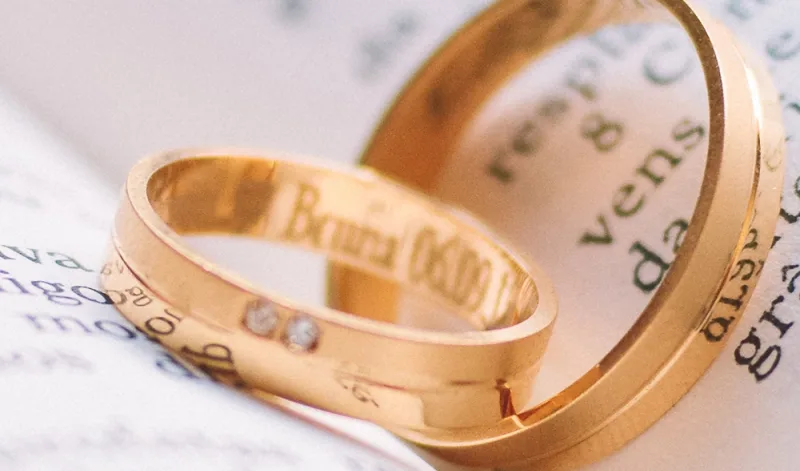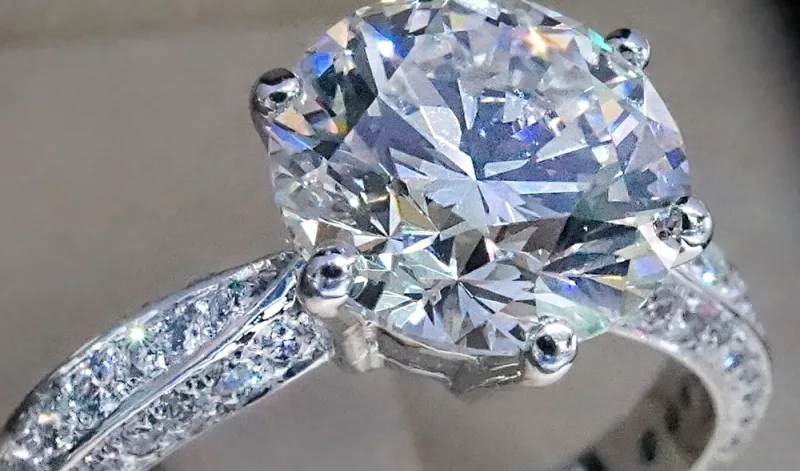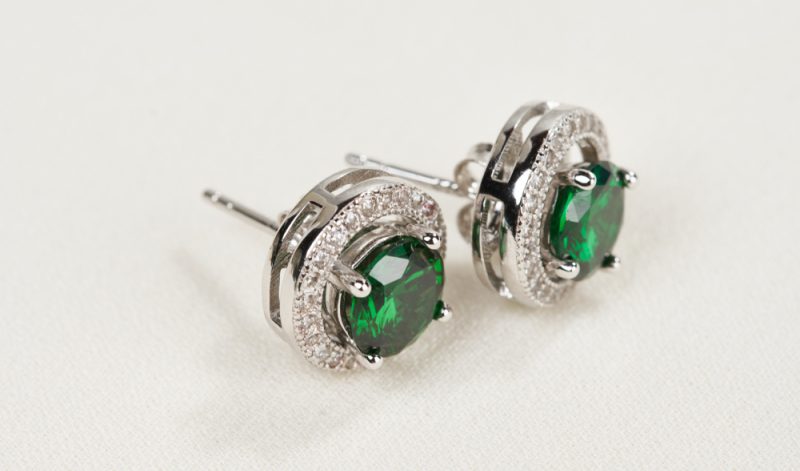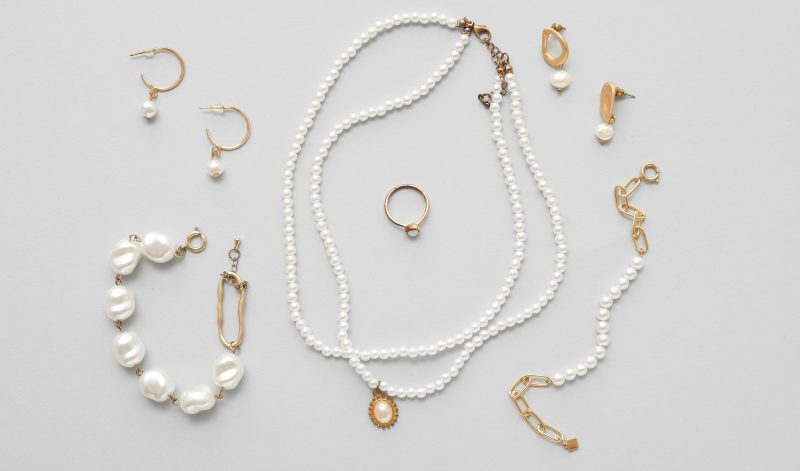In 2024 in the UK alone, some £60million worth of watches were reported stolen. Unfortunately, thieves know they’re easy to hide, quick to sell, and tend to hold their value.
And while police efforts and growing awareness among owners have helped boost recovery rates, the truth is simple preventing a watch theft in the first place is always the safest bet.
This blog sets out practical safety tips for keeping your watch secure whether you’re at home, out in public, or travelling and provides guidelines on preventing damage to your watch.
We also discuss how specialist watch insurance is designed to protect you financially should the worst happen.
Why are watches targeted by thieves?
Luxury timepieces have become a sought after commodity in the criminal world. Certain brands such as Rolex, Patek Philippe, Audemars Piguet, Richard Mille, IWC and Breitling are especially popular with thieves because they command high resale values.
Opportunistic thefts typically can happen in busy city centres, but targeted thefts also occur after owners are observed wearing valuable pieces in shops, bars, or restaurants.
Watch thefts aren’t just snatch and grab either. Our recent blog What infamous thefts teach us highlights some of the most astonishing watch and other jewellery thefts in recent years.
And thefts don’t just happen at home. Holiday destinations such as the Balearic Islands, Barcelona and the Costa del Sol for example, are reportedly becoming favourite hotspots for watch thieves.
Theft: Watch safety tips
While no method offers complete protection, a combination of good habits, robust and effective storage solutions, and awareness can significantly reduce your risk of having your watch stolen. For example:
- Use an insurance approved safe - When not wearing your watch, store it safely. Keep it out of sight, ideally in a discreet location, and follow any requirements outlined in your watch insurance policy. For particularly valuable or rarely worn watches, a bank deposit box offers extra protection.
- Be discreet in public - Avoid displaying your watch unnecessarily, particularly in high risk areas.
- Don’t post photos - of your watch on social media in real time and don’t tag your location. Criminals can use this information to target you.
- Always wear your watch when travelling - or carry it in your hand luggage.Never place a valuable watch in checked baggage. Our Travel guide for taking your jewellery abroad explores this in more depth.
- If you take your watch abroad and aren’t wearing it, store it in the hotel safe this typically may also be a requirement under your watch insurance policy
- When not wearing it, never leave your watch in a car, even for a short time, as many watch insurance policies exclude cover for theft from unattended vehicles
- Vary your routine - Change where and when you wear your watch to avoid being noticed and targeted.
- Avoid high-risk situations - Think twice about wearing a high-value piece to crowded public events, busy transport hubs, or unfamiliar nightlife venues.
- Always stay alert - Be aware of your surroundings, especially when leaving luxury boutiques or high-end watch events, as thefts can occur when owners are followed.
Avoiding accidental damage to your watch
While most people think about the theft of their watch as the main risk, everyday accidents can be just as damaging. With a little care and awareness, you can reduce the chances of knocks, scratches, or costly repairs.
Water is one of the easiest ways to cause problems for your watch, and it can catch people out. Just because a watch is labelled as water resistant, it doesn’t mean it’s always safe to wear in the shower or when swimming. Over time, the tiny seals that keep moisture out can wear down, and once water gets inside, it can quickly damage the delicate mechanisms. To play it safe, only wear your watch in water if you’re absolutely sure it’s built for that purpose, and have the seals checked from time to time.
How you store your watch also makes a big difference. When you’re not wearing it, pop it into a cushioned watch box or a soft pouch so it’s protected from knocks and dust. Leaving it loose in a drawer or resting it on a hard surface is a recipe for scratches you could easily avoid. Remember as well, it may be an insurance policy condition to keep it in a safe when not in use, especially when travelling.
A little routine care goes a long way too. Regular servicing, in line with the manufacturer’s guidance, will help keep everything running smoothly and prevent small issues turning into expensive repairs. Even day to day habits, like giving the strap and case a gentle wipe with a soft cloth, will help guard against dirt, sweat, and natural oils.
Keeping your watch safe is all about simple habits being thoughtful about when you wear it, where you put it, and giving it the occasional bit of TLC.
The role of watch insurance
Sadly, even with the best of precautions, accidents and thefts can still happen. You may think that your home insurance policy has your watch covered, but:
There may be claim amount limits, and some elements of cover (such as accidental damage) may not be automatically included. Our blog: Is jewellery covered by home insurance policies? discusses this in more depth.
Specialist watch insurance policies (such as those offered by Assetsure) are designed to provide a wide range of cover for your item (or watch collection), such as:
- Worldwide “All Risks” cover for theft, loss, and damage, including while travelling (often up to 60 days per trip).
- No excess to pay in the event of a claim.
- Flexibility to insure a single item or a full watch collection.
- Extended cooling-off periods, such as 30 days, compared to the standard 14-day minimum.
Please note that as policy terms, conditions, benefits and features typically may vary among insurance providers, the pointers listed above may not be available with all watch insurance policies.
Know your responsibilities
Watch insurance policies give you the peace of mind that your timepiece is financially protected but for the cover to stay valid, you do have certain responsibilities. These may typically include, but are not limited to:
- Adhering to security conditions for example, high-value watches typically may need to be stored in an approved safe when not worn. Or some policies may require you to lock your watch away in a gym locker while you remain on the premises. Not complying could void your watch insurance cover
- The prompt reporting of loss or theft to the police and your watch insurance provider within a set timeframe, often within 24 hours of the event
- Making sure the sum insured of your watch is accurate: it must be covered for its full replacement value at UK retail prices
- Being able to prove ownership: Receipts, photographs, and valuation certificates are often vital for smooth claim settlement
- Travel precautions: Please read your policy wording carefully before you travel. When away from your home and/or travelling, policies often require watches to be kept in hotel safes when not worn.
Failing to meet these obligations can lead to reduced claim pay outs or denied claims so it’s essential to understand your policy conditions and your obligations.
Wear and tear: Watch insurance exclusions
It’s also important you know your watch insurance exclusions these are things that may typically not be covered under your policy. Wear and tear, cosmetic scratches, strap ageing, and fading are usually not included. Damage caused by neglect such as water ingress from worn seals may also typically be excluded.
Always make sure you understand what your policy cover entails. Speak to your insurance provider if you are unsure.
Keeping your insurance effective
To ensure your watch insurance policy works for you when you need it:
- Keep detailed records, Maintain upto date photographs, receipts, and valuations. Store these securely (digitally and physically) so you can quickly provide them for police reports and watch insurance claims
- Review your watch insurance cover annually to make sure the valuation is still correct and that your policy provides all the protection you need
- Inform your insurer if you acquire new pieces or if the value of your watch changes significantly. Things such as the price of metal, and a rise in popularity of a particular piece due to celebrity culture etc. can easily affect the value
- Ensure your watch insurance policy covers worldwide travel and understand any trip length or country restrictions.
*Further reading: Watch insurance FAQs.
Bringing it all together
With a combination of common sense habits, secure storage, and bespoke insurance, you can enjoy wearing your watch with confidence. If you own a valuable whether financially or sentimentally watch, having the most suitable protection is essential. At Assetsure, we can arrange specialist watch insurance with worldwide “All Risks” cover, no excess, and flexible options for single watches or full collections.
Call us today on 0208 0033 190 to speak to our team and see how we can help give you the peace of mind that your watch is financially protected. Or please click here to get a watch insurance quote.
*Further reading: Safeguard your jewellery.






























